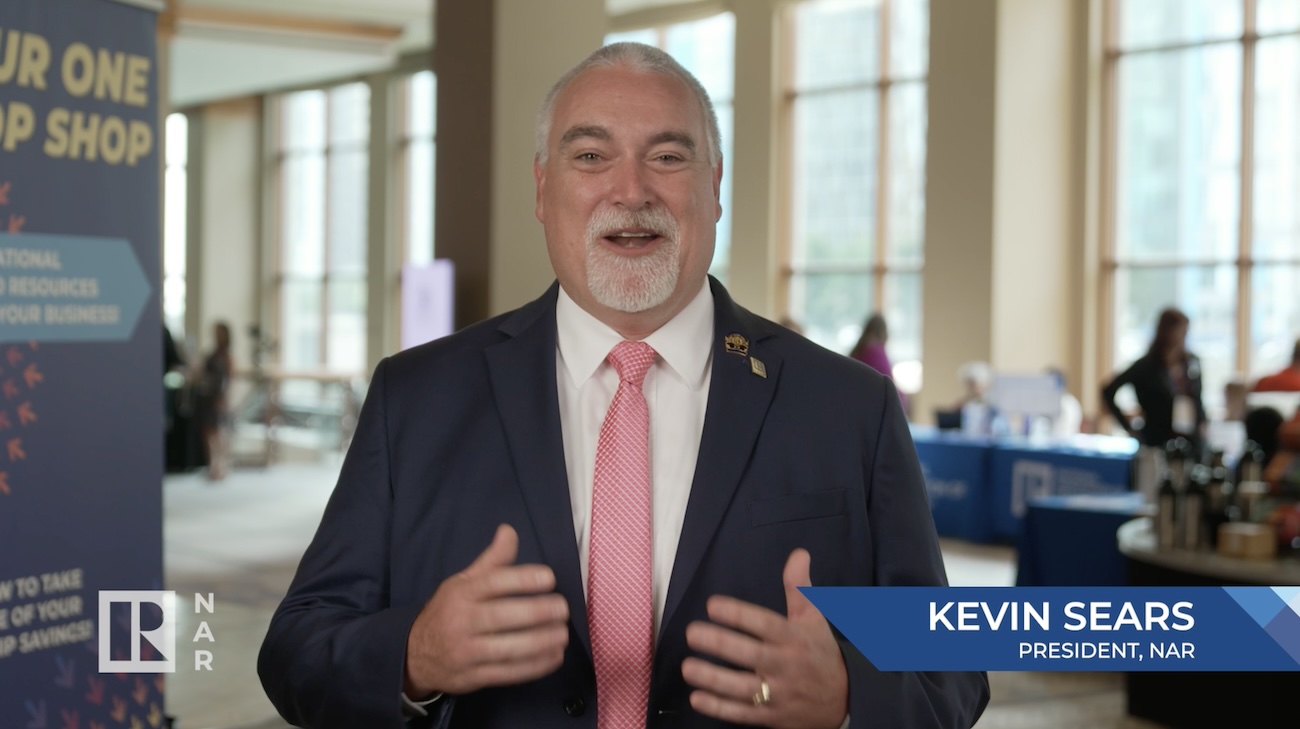Window to the Law: Using Endorsements and Testimonials in Real Estate — Transcript
As a real estate professional, you may be looking to refresh your marketing plan by asking current or former clients to share an online review or testimonial to highlight the value of your services and to attract new business. When done right, an endorsement or client testimonial can be a great way to reach new clients and help you stand out in a consumer’s search for a real estate professional. However, it’s important that real estate professionals understand how to properly incorporate testimonials into their marketing strategy and be familiar with the Federal Trade Commission‘s (FTC) latest guidance.
In 2023, the FTC updated its guidance in several key ways, including on endorsements and testimonials to include digital marketing, such as social media and online reviews, and broadened the definition of endorsement to mean “any advertising message that consumers are likely to believe reflects the opinions, beliefs, findings, or experiences of a party other than the sponsoring advertiser.” Keep in mind that Section 5 of the Federal Trade Commission Act prohibits “unfair or deceptive acts or practices in or affecting commerce,” and a violation of the Act could result in civil penalties. Recently the FTC adjusted the maximum civil penalty to $50,150 per violation.
The FTC has already started enforcing the prohibition on unfair or deceptive acts against real estate companies engaged in digital marketing. The FTC, along with California, Colorado, Florida, Illinois, Massachusetts, and New York, filed a lawsuit against a rental listing platform for allegedly “duping” consumers seeking rental housing by paying for fake online reviews and charging prospective tenants for access to phony listings. The FTC and the states also filed a stipulated order requiring the individual who allegedly sold tens of thousands of fake online reviews to the rental listing platform to pay $100,000 and cooperate with the FTC in its case against the rental listing platform.
When using testimonials and endorsements to market your business, consider these best practices:
- Ensure that endorsements are truthful and not misleading. Endorsements should always reflect the individual’s honest opinion, belief, and experience of your services.
- When using client testimonials, clearly disclose that the outcome for one client may vary for another.
- Disclose any connection between your business and the endorser, especially for paid endorsements. And, as required by NAR’s Code of Ethics Article 12, always present a true picture in your advertising and representations to the public.
- For endorsements by an organization, ensure that the endorsement fairly reflects the collective judgment of the organization and not just that of a few individuals.
By following these best practices and adhering to the FTC’s guidance, real estate professionals may give their digital marketing efforts a boost while complying with their obligations under the law and the Code of Ethics.
Thank you for watching this episode of Window to the Law.


































































